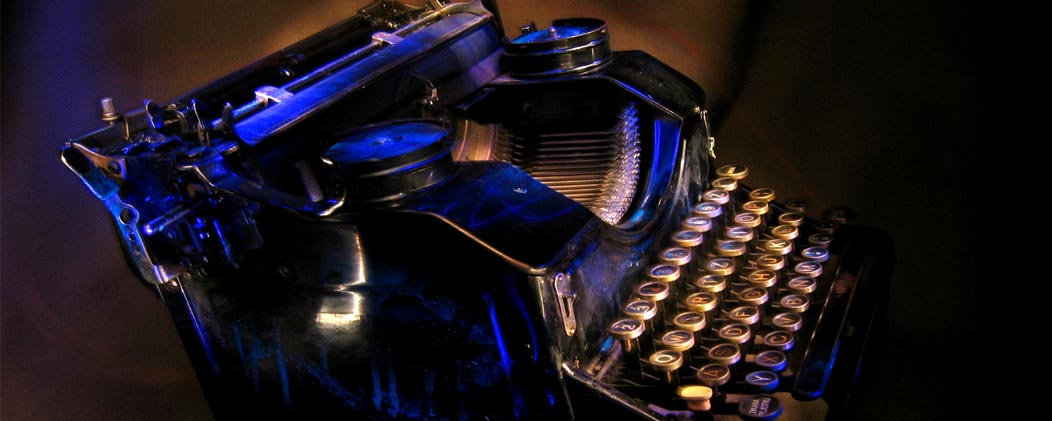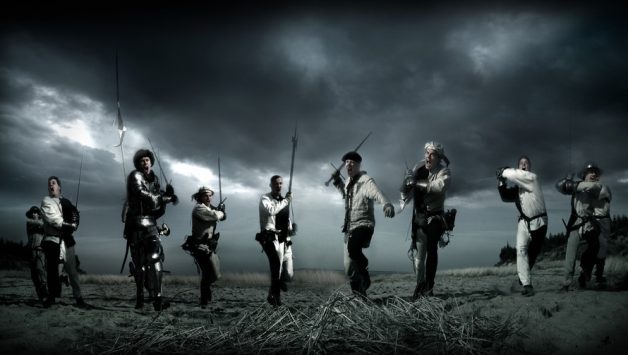Remember when Taylor Swift pushed back against Apple’s new streaming service, and spoke up for the small artists that were struggling to just break even, thanks to big business?
Or when Trent Reznor fired shots at YouTube, SoundCloud and Spotify for unfairly taking advantage of artists to boost their own audience?
The Artist vs The Business has been a hot-button topic for quite some time. This new website highlights this issue. It’s a collaboration between the Center for Democracy and Technology (CDT)– and – the National Coalition Against Censorship (NCAC).
The NCAC was formed after the 1973 decision by the Supreme Court in the Miller v. California case. This was a landmark decision where the court redefined “obscenity” from “utterly without socially redeeming value” to that which lacks “serious literary, artistic, political or scientific value.” Yes, this was a big deal.
The NCAC has grown to become an alliance of over 50 non-profits which include religious, artistic, educational, literary and civil liberties groups. The organization focuses on supporting the First Amendment, and works to resolve issues regarding censorship, in an attempt to avoid litigation.
The CDT champions online human rights and civil liberties––focusing on internet security, technology, privacy, and intellectual property.
Neither group started out with an interest in artist’s rights. But they now appear to have taken the mantle upon themselves, acting as a grassroots movement.
Traditionally, we think only of the artists whose pockets have already been well-lined, when the subject of litigation comes up; do these artists need more money? This website highlights the “little people” of the industry who work hard to earn their keep, while pushing against the tide of free content all over the net.
This isn’t just about the musical artists either. Also included are photographers, painters, writers––indeed all artists out there who create works of art for a living.
Not every artist has the funds to take on a legal battle against formidable opponent, or combat false charges against them. So this website offers valuable help to “starving artists.”
The site provides a list of cases that you can read through, written in laymen’s terms, and offers a plethora of valuable information that can assist in figuring out where you may stand on legal issues such as Copyright, Fair Use, and First Amendment rights.
You don’t have to be a lawyer to start educating yourself on how to manage the legalities of your artistic destiny. If you don’t take control first…somebody else will.


